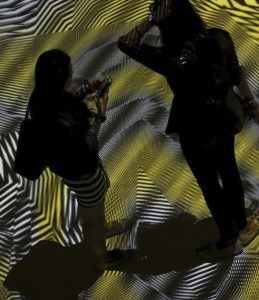Jeremy Avigad in Aeon:
 When René Descartes was 31 years old, in 1627, he began to write a manifesto on the proper methods of philosophising. He chose the title Regulae ad Directionem Ingenii, or Rules for the Direction of the Mind. It is a curious work. Descartes originally intended to present 36 rules divided evenly into three parts, but the manuscript trails off in the middle of the second part. Each rule was to be set forth in one or two sentences followed by a lengthy elaboration. The first rule tells us that ‘The end of study should be to direct the mind to an enunciation of sound and correct judgments on all matters that come before it,’ and the third rule tells us that ‘Our enquiries should be directed, not to what others have thought … but to what we can clearly and perspicuously behold and with certainty deduce.’ Rule four tells us that ‘There is a need of a method for finding out the truth.’
When René Descartes was 31 years old, in 1627, he began to write a manifesto on the proper methods of philosophising. He chose the title Regulae ad Directionem Ingenii, or Rules for the Direction of the Mind. It is a curious work. Descartes originally intended to present 36 rules divided evenly into three parts, but the manuscript trails off in the middle of the second part. Each rule was to be set forth in one or two sentences followed by a lengthy elaboration. The first rule tells us that ‘The end of study should be to direct the mind to an enunciation of sound and correct judgments on all matters that come before it,’ and the third rule tells us that ‘Our enquiries should be directed, not to what others have thought … but to what we can clearly and perspicuously behold and with certainty deduce.’ Rule four tells us that ‘There is a need of a method for finding out the truth.’
But soon the manuscript takes an unexpectedly mathematical turn. Diagrams and calculations creep in. Rule 19 informs us that proper application of the philosophical method requires us to ‘find out as many magnitudes as we have unknown terms, treated as though they were known’. This will ‘give us as many equations as there are unknowns’. Rule 20 tells us that, ‘having got our equations, we must proceed to carry out such operations as we have neglected, taking care never to multiply where we can divide’. Reading the Rules is like sitting down to read an introduction to philosophy and finding yourself, an hour later, in the midst of an algebra textbook.
More here.
